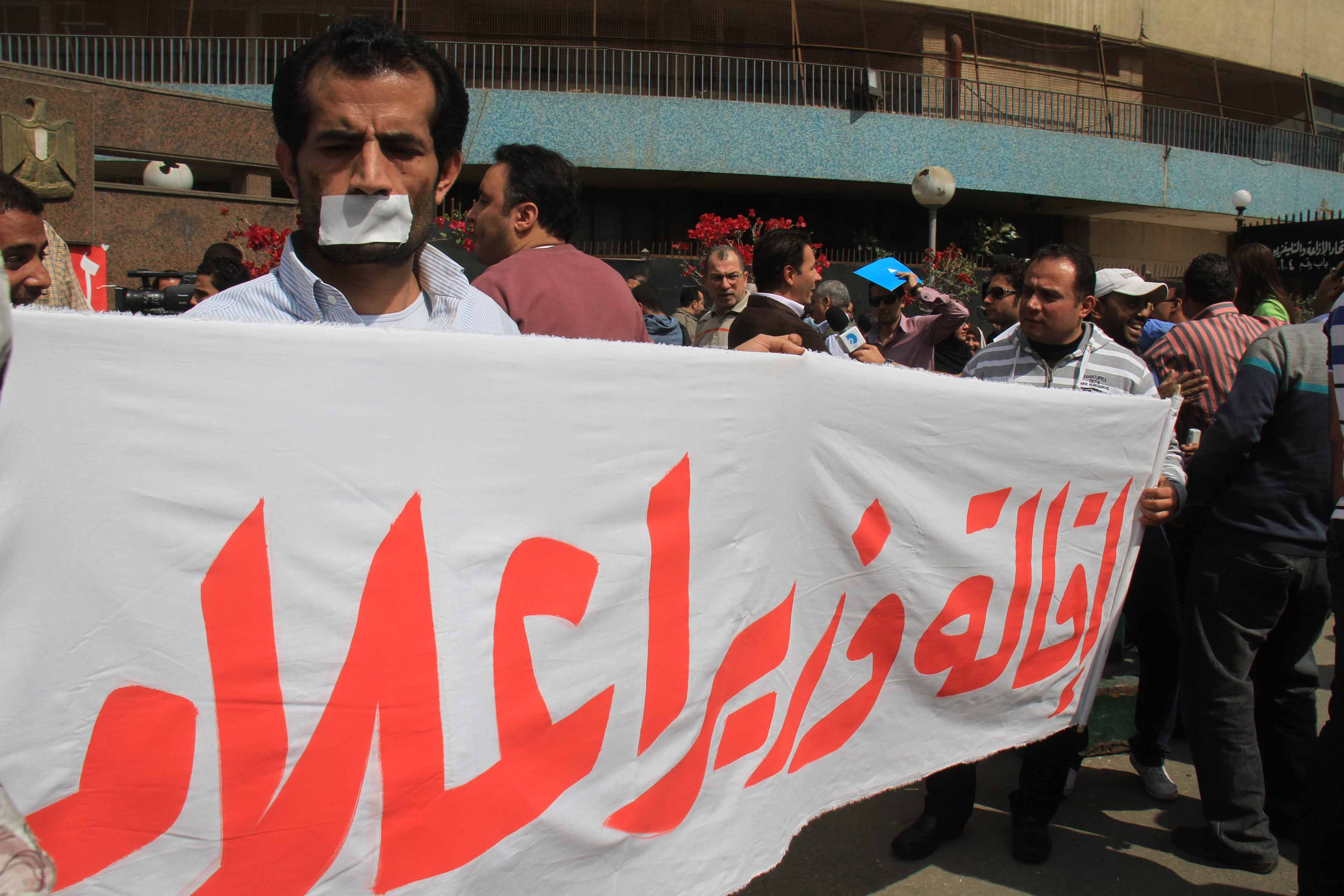CAIRO: In anticipation of final Turkish parliament ratification of the Egyptian-Turkish Free Trade Agreement (FTA) signed December 2005, Prime Minister Ahmed Nazif and Minister of Trade and Industry (MFTI) Rachid Mohammed Rachid are taking off to Istanbul today for a two-day visit aimed to promote bilateral trade and investment.
In June, the parliament ratified the agreement, the mere signing of which has pushed Egyptian exports up 44 percent in the first seven months of this year, according to MFTI. Total bilateral trade reached $949 million in 2005. Turkish investment in Egypt now stands at $80 million, a number that could reach more than $1 billion by the end of 2007 with more than 100 Turkish companies expected to move their operations to Egypt to take advantage of its Qualified Industrial Zones privileges with the United States and Trade Partnership Agreement with the European Union (EU).
The FTA was signed after seven month of negotiation, prior to which there was never real movement from either side.
We were never really eager as governments to open up to each other, Rachid told The Daily Star Egypt. Egypt always felt that Turkey was more competitive and we were concerned that (Turkey) would bring to our borders more Turkish goods in the fear that we would be dominated by Turkish trade. This is not true.
“I think the understanding between the Turkish Minister of Trade and I since day one has was convinced that such a partnership will bring huge benefits to Egypt.
Already, Rachid says, Egypt plans to establish two industrial parks for Turkish investors in anticipation of Abalioglu Group s planned construction of a textile and ready-made garment factory. The 2 million sq m plot allocated to the textile and ready-made garment zone in Borg el Arab is expected to attract about $800 million in investment.
Magdi Sobhy, economist at Al-Ahram Center for Political and Strategic Studies, says both sides stand to benefit from the ratification of the FTA.
It s not just a matter of signing agreements, it s also having a competitive advantage. Otherwise, these agreements will not be implemented, says Sobhy, adding that the lack of a competitive advantage between Egypt and other Arab countries, such as Morocco, has been the reason behind the lack of implementation of the many trade agreements signed.
Sobhy says the establishment of country-specific industrial zones has proved encouraging to major industrial powers and should continue to be applied with other countries that could benefit from Egypt s competitive trade agreements with the US and EU.
I think you ll find Chinese and Russian investors are interested in the same competitive advantage Egypt has, Sobhy says. So right now, anything that can be done to tip the chronic imbalance in our balance of trade should be considered.
Rachid, who is part Turkish and a member of several business advisory committees for Turkish Prime Minister Recep Tayyip Erdogan, says the past year has seen serious efforts from both countries to overcome misconceptions and improve trade relations.
We crossed the barrier of fear, Rachid says. The perception in the past was Turkey was moving too fast for us, and Turkey had a lot of cheap products. I think the minute we crossed that hurdle mentally and we said let s go into partnership with Turkey and Turkey can be a very important strategic partner with Egypt, that moved it.

